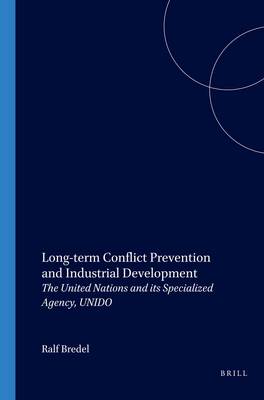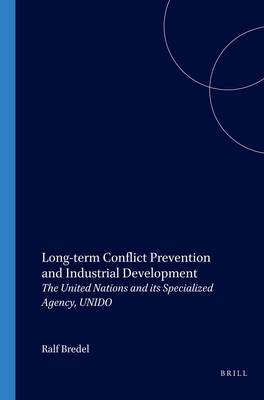
- Afhalen na 1 uur in een winkel met voorraad
- Gratis thuislevering in België vanaf € 30
- Ruim aanbod met 7 miljoen producten
- Afhalen na 1 uur in een winkel met voorraad
- Gratis thuislevering in België vanaf € 30
- Ruim aanbod met 7 miljoen producten
Zoeken
Omschrijving
After decades of striving to prevent international conflict, major armed conflicts in the 1990s have taken place within national boundaries. After the series of national independence wars in the 1950s and 1960s and frequent geopolitical wars in the 1970s and 1980s, a category of 'wars of the third kind' prevailed. The aim of this book is to consider the root causes of recent internal conflicts, and to develop long-term conflict prevention strategies from here. New insights suggest the central role of politico-economic inequalities in ethnic, religious and cultural conflict. The United Nations system has just started to adjust to this new reality of conflict and make long-term conflict prevention a priority issue on international agendas. Whereas development practitioners should principally conceive their work through a conflict prevention lens, there is a shift in focus to United Nations agencies that deal with the economic characteristics of conflict. The unbroken significance of a sustainable industrial development process in developing countries, may allow the United Nations Industrial Development Organization (UNIDO) a particular vantage point and role in the long-term prevention of conflict.
Specificaties
Betrokkenen
- Auteur(s):
- Uitgeverij:
Inhoud
- Aantal bladzijden:
- 274
- Taal:
- Engels
- Reeks:
- Reeksnummer:
- nr. 57
Eigenschappen
- Productcode (EAN):
- 9789004136199
- Verschijningsdatum:
- 15/07/2003
- Uitvoering:
- Paperback
- Formaat:
- Trade paperback (VS)
- Afmetingen:
- 166 mm x 242 mm
- Gewicht:
- 471 g

Alleen bij Standaard Boekhandel
+ 285 punten op je klantenkaart van Standaard Boekhandel
Beoordelingen
We publiceren alleen reviews die voldoen aan de voorwaarden voor reviews. Bekijk onze voorwaarden voor reviews.








